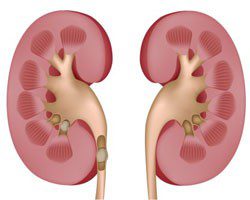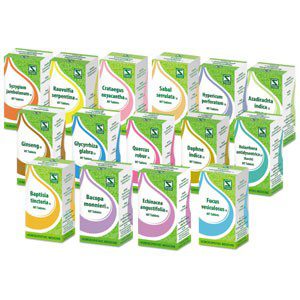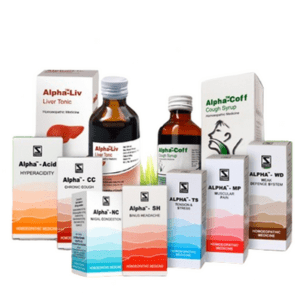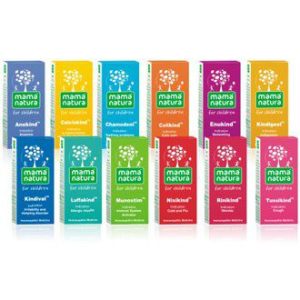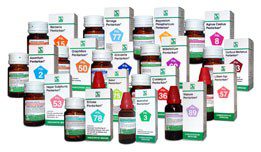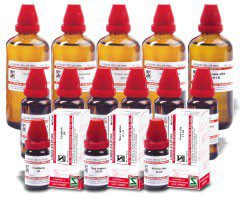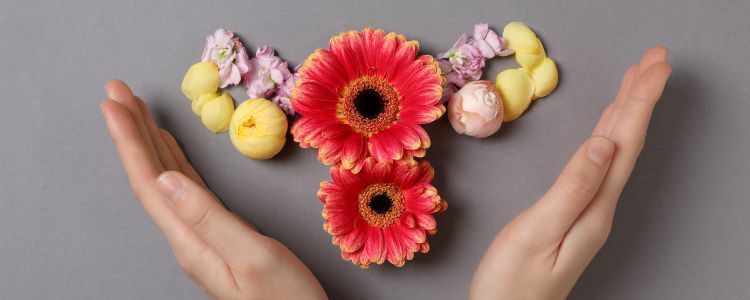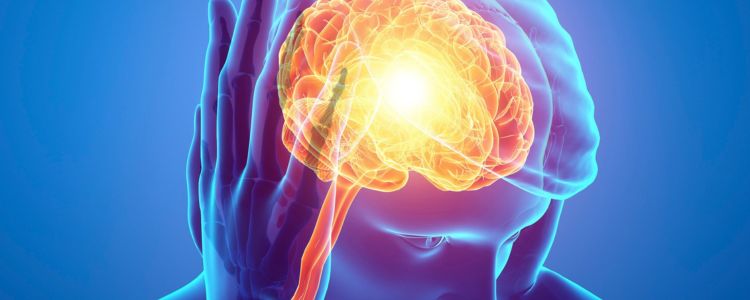
Homeopathy Vs. Eczema: How Long Until You See Results?
- Dr. P T Ponmani
- No Comments
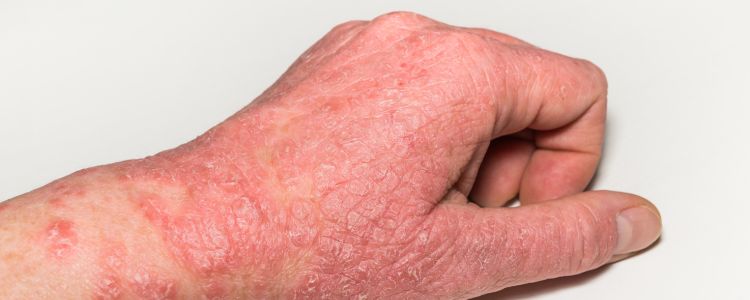
Table of Contents
ToggleIntroduction: Eczema, A Familiar Yet Frustrating Condition
Eczema — it’s more than just an itchy rash. For the millions who live with this condition, it’s a daily struggle with inflammation, dryness, discomfort, and social frustration. You may have tried countless creams or prescriptions only to find temporary relief. That’s where homeopathy enters the picture, offering a gentler, personalized approach to healing. Let’s walk through how it works, the remedies it uses, and how it fits into an overall lifestyle approach to managing eczema.
What Is Eczema?
Eczema, also known as atopic dermatitis, is a chronic, non-contagious inflammatory skin condition. It causes red, dry, itchy, sometimes oozing skin patches. It’s common among children but can affect people of any age. The skin can thicken (lichenified) over time, and symptoms often worsen with specific triggers.
Common Symptoms Include
- Persistent itching
- Red, inflamed skin
- Dryness and flakiness
- Blistering or oozing
- Thickened patches from chronic scratching
- Crusting, especially in scalp and ear cases
Also Read Ultimate Guide To Healthy Skin: Tips & Tricks
Types of Eczema
- Atopic Dermatitis – Most common form, often linked to allergic respiratory conditions.
- Contact Dermatitis – Triggered by skin contact with irritants (e.g., nickel, soaps).
- Dyshidrotic Eczema – Tiny, itchy blisters on palms, fingers, or soles.
- Nummular Eczema – Coin-shaped lesions; often itchy and may ooze.
- Seborrheic Dermatitis – Usually affects the scalp/face with oily scales.
- Stasis Dermatitis – Occurs in legs due to poor circulation.
- Neurodermatitis – Caused by habitual scratching; thick, leathery skin.
What Triggers Eczema?
There’s no single cause. Eczema is often a mix of:
- Genetic factors: Family history of allergies or other respiratory infections.
- Environmental triggers: Harsh soaps, weather changes, dust mites
- Stress: Emotional or psychological stress can worsen flare-ups
- Dietary triggers: Gluten, dairy, nuts, and eggs in sensitive individuals
- Immune dysfunction: An overactive immune system that overreacts to minor irritants
How Is Eczema Diagnosed?
Diagnosis is mainly clinical, meaning it’s based on the appearance of the skin and your medical history. But in some cases, doctors may suggest:
- Allergy tests (patch/prick tests)
- IgE blood test to identify allergic tendencies
- Skin biopsy (rarely, to rule out other conditions)
Conventional Treatments vs. Homeopathy
Conventional Medicine often uses:
- Steroid creams
- Antihistamines
- Immunosuppressants
- Moisturizers
While they may provide fast relief, these treatments can cause dependency and side effects and often suppress symptoms rather than heal the root cause.
Homeopathy, in contrast, focuses on:
- Treating the whole person (mental, physical, emotional)
- Finding the root cause of the imbalance
- Using natural remedies that stimulate the body’s healing
- No steroids, no side effects, and long-term relief
Core Principles of Homeopathy
- Law of Similars: “Like cures like.” A substance that causes symptoms in large doses can cure them in small, diluted doses.
- Individualization: Each person is treated uniquely based on their complete picture of symptoms.
- Minimum Dose: Remedies are highly diluted to avoid toxicity.
- Vital Force: Homeopathy seeks to restore the balance of a person’s life force or energy.
Also Read How To Take Control of your Skin Allergy & Itching with Homeopathy
Best Homeopathic Remedies for Eczema
Here are some of the most effective remedies used by homeopaths worldwide:
1. Graphites
- Thick, crusty, oozing lesions with a honey-like discharge
- Cracks behind ears, scalp, hands
- Suitable for cold, sluggish people with digestive issues
2. Sulphur
- Intense itching, worse from heat and bathing
- Red, dry, scaly patches; burning sensation
- Often used when skin has been suppressed by ointments
3. Arsenicum Album
- Burning eczema; better with warmth
- Anxious, restless individuals who fear illness
4. Calcarea Carbonica
- Fatigue, sluggishness, sensitivity to cold
- Dry, cracked skin; worse in winter
- Craving for eggs, sweets
5. Natrum Muriaticum
- Cracked lips, dry scalp, eczema around hairline
- Emotionally reserved, affected by grief
6. Petroleum
- Deep cracks, especially on palms and fingertips
- Itching worse in winter
- Skin bleeds easily
7. Mezereum
- Scalp eczema with thick crusts, pus, and itching
- Eruptions sensitive to touch, worse at night
8. Rhus Toxicodendron
- Blistery, oozing rashes
- Itching better with heat
- Associated muscle/joint stiffness
Natural & Home Remedies
Alongside homeopathic treatment, specific natural remedies and practices can provide relief:
- Coconut oil: Antimicrobial, soothes dry skin
- Aloe vera: Cooling, anti-inflammatory
- Oatmeal baths: Reduce itching and inflammation
- Tea tree oil: Fights bacteria, but must be diluted
- Calendula lotion: Promotes healing of dry, cracked skin
Lifestyle Tips to Manage Eczema
- Moisturize frequently: Use fragrance-free, thick creams
- Short, lukewarm showers: Avoid long, hot baths
- Gentle cleansers only: No harsh soaps
- Wear cotton clothes: Avoid wool or synthetic fabrics
- Stay hydrated: Drink plenty of water
- Sleep well: Lack of sleep can trigger flare-ups
- De-stress: Yoga, meditation, and breathing exercises help
Diet & Eczema
While not everyone has food-related triggers, some individuals see benefits from:
- Gluten-free diets
- Dairy avoidance
- Eating anti-inflammatory foods: turmeric, flaxseed, fish oil
- Drinking water: 8–10 glasses daily
- Avoiding sugar, processed foods, alcohol, and spicy foods
Also Read Allergy and Homoeopathy: Homoeopathy, The Perfect Cure For Allergy
How Long Does Homeopathy Take?
Homeopathy is not an overnight fix, especially for chronic issues like eczema. But it’s working on a deeper level to realign your body. It varies from person to person according to their symptom presentation, immunity, lifestyle factors, etc.
- Mild cases: 3–6 months of treatment
- Moderate to chronic cases: 8–12 months or longer
- Steroid-dependent cases: May take years for full recovery
Patience and regular follow-ups are key.
Real-World Evidence
While large-scale scientific trials are limited, many patients and practitioners report long-lasting improvement with homeopathy.
A notable cohort study in Germany compared homeopathic and conventional treatments in children. Both groups improved over 12 months, with no significant difference in outcome, but the homeopathy group had fewer side effects and longer-lasting relief.
Risks and Precautions
- Homeopathic products aren’t FDA-approved
- Always consult a qualified homeopath
- Avoid self-prescribing in severe cases
- Inform your doctor if combining with conventional medications
Final Thoughts: Is Homeopathy Right for You?
If you’re tired of steroid creams, long-term side effects, and recurring flare-ups, homeopathy may offer the gentle, individualized approach you’ve been looking for. It works with your body, not against it, aiming not just for symptom relief but for more profound healing and balance.
Yes, it requires patience. Yes, it takes commitment. But many people find it’s worth it when they finally achieve the kind of calm, clear skin they’ve longed for — and better health overall.











